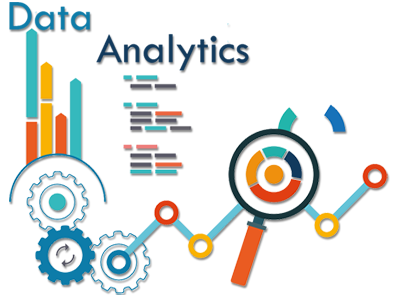





Analyzing patients' demographic, clinical, serological, and immunological data with computational engineering to determine effective RA treatments.

Utilizing advanced techniques to explore patient data, revealing patterns that predict treatment efficacy for individuals.

The ultimate goal is to develop a predictive tool from RA patient data to identify optimal medication for individualized treatment and remission.
Dive into research insights with interactive & detailed charts.

Develop an information system for organizing and distributing data related to RA and the use of biologics. This system is web-accessible and will facilitate data sharing among Rheumatology clinics while ensuring data security and anonymity.
Continuously analyze the collected data with advanced Data Science techniques, employing machine learning and predictive modeling. Cutting-edge analytical tools are used to efficiently process and interpret large datasets, uncovering vital insights for decision-making.


Communicate the research outcomes effectively through website to host research results, news, and interactive access to visualized data relevant to RA patients. Additionally, research findings are published in internationally renowned journals and conferences.